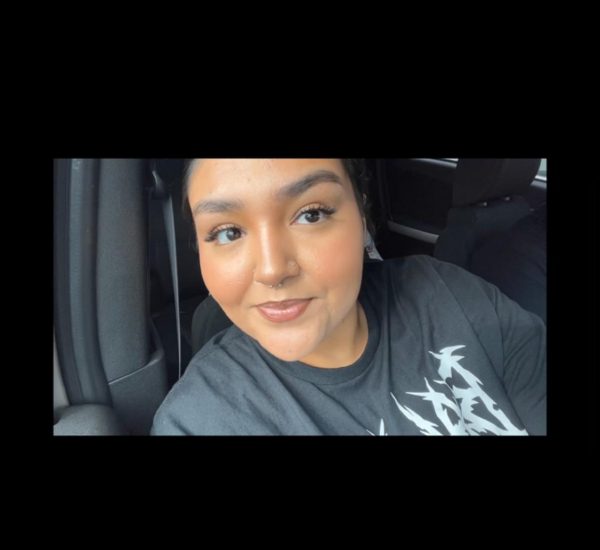Getting Started: After Graduation, Don’t Let Financial Education Stop
August 28, 2014
By Carolyn Bigda
It’s graduation season, which, for students leaving campus, means it’s time to begin repaying student loans and thinking about your financial future. To help get you started, here are a few quick tips.
Keep learning. You may have closed the books on your academic studies, but when it comes to managing money, you want to begin reading.
William Bernstein, a financial adviser and author of several books, including “If You Can,” (Amazon) an e-booklet about investing for 20-somethings, says learning the basics of investing before you dip a toe in the market can pay big dividends.
“We spend more time researching what sushi place to visit than we do important financial decisions,” he said. So start learning the basics of budgeting, saving and investing now. There are plenty of resources online or in bookstores.
Don’t fear stocks. When you begin to invest, Bernstein says young investors should not be turned off by volatility in the stock market.
“The young investor wants turbulent low-returning markets so she can buy stocks cheaply,” he said. When you have less time to recover from a market loss and fewer working years to keep saving, those stocks become much riskier to own.
Start saving now. Even if you’re not investing in the stock market right away, you should try to start building some cash savings as soon as possible, says Sophia Bera, a financial planner in Minneapolis who works with 20-somethings nationwide.
How do you come up with the spare cash? Bera suggests keeping your day-to-day expenses low: Get roommates. Skip the cable TV package. If you need a set of wheels, buy a used car.
“Live like a college student,” she said. “The lower you can keep your fixed costs, the more money you have for the fun stuff.”
Stay insured. Some expenses should not be cut, such as health insurance. If you’re losing coverage after you graduate and don’t have a job with benefits, you have a couple of options to get insured.
First, if you’re younger than 26, you can stay on or be added to a parent’s policy (if your parent gives the OK).
Another option is to sign up for an individual policy through your state’s health care exchange. Although open enrollment for 2014 has ended, there are certain exceptions, including losing your school-based insurance, that allow you to enroll at different times during the year.
And if you earn about $46,000 or less per year, you may qualify for a subsidy to help offset your monthly premium.
To learn more, go to healthcare.gov.
Tackle student loans. Finally, if you have student loans, figure out how you’ll manage the monthly payments. In most cases, you will have a six-month “grace period” from the time you finish school before repayment begins. Use that time to get organized, Bera said.
First, figure out how many loans you have (you may have taken out several over the course of your studies). For a list of your federal student loans, go to the National Student Loan Data System website at nslds.ed.gov. For private student loans, contact your lender.
Then, determine how much you’ll owe each month and whether you need to take action to make the debt manageable, say, by consolidating your loans or signing up for an alternative repayment plan. For more help with federal loans, go to the Federal Student Aid office of the Department of Education at studentaid.ed.gov. If you need help with private student loans, check out the Consumer Financial Protection Bureau at consumerfinance.gov.
———
ABOUT THE WRITER
Carolyn Bigda writes Getting Started for the Chicago Tribune. [email protected].
———
©2014 Chicago Tribune
Visit Chicago Tribune at www.chicagotribune.com
Distributed by MCT Information Services
















